JRS Central African Republic: Former Child Soldiers Start a New Life
17 May 2022
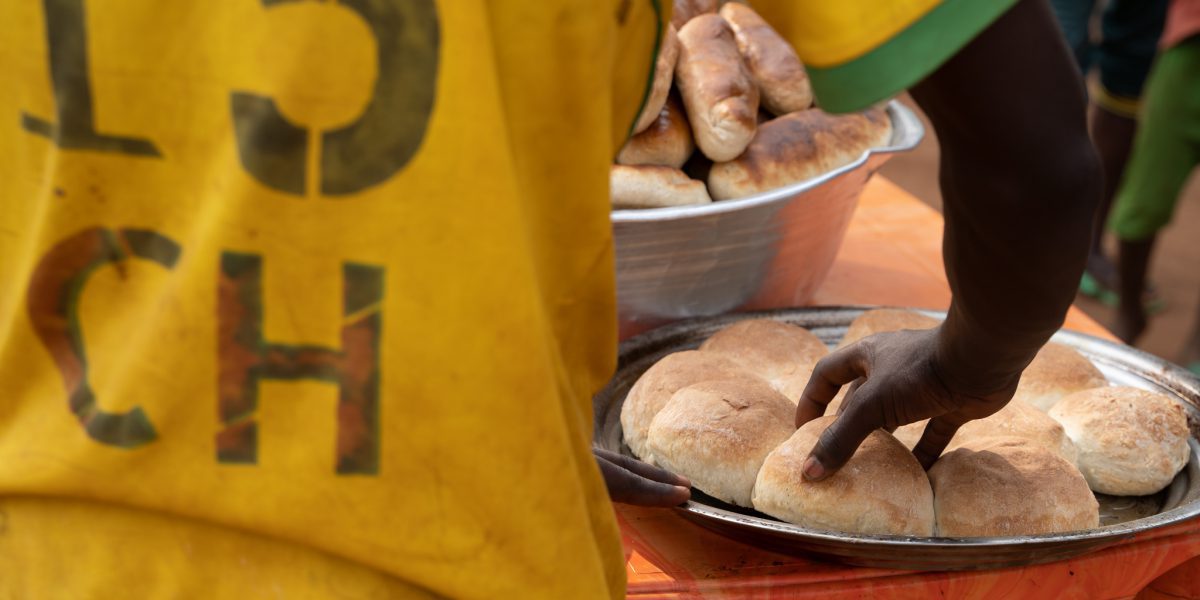
“I joined the armed group because [another group] killed my father and mother, I wanted to avenge them.”
Today, Pierre* is a young man working as a mechanic in Bambari, Central African Republic (CAR). He was nine years old, when he lost his parents. Lacking any real alternative, Pierre and his older brother became ‘runners’ for a local armed group and lived ‘in the bush’ with them for years.
When he lost his brother, he decided to leave the violence behind.
Life as a soldier had not been easy but going back to civilian life proved to be even harder. “I went through a lot. I was rejected [by society]. People talked about me,” remembers Pierre.
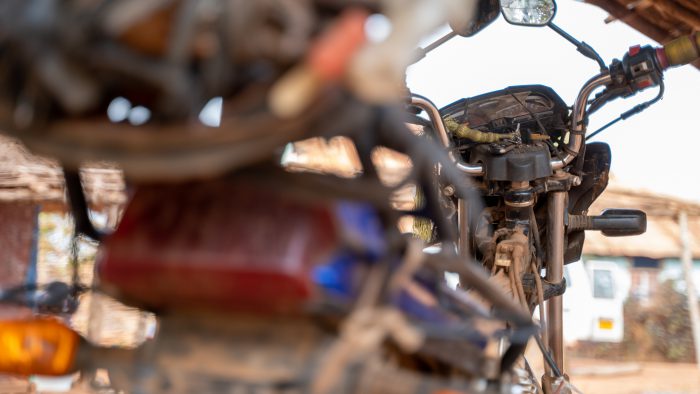
Since civil unrest began in 2013, children in the Central African Republic have been at high risk of abuse, recruitment, and exploitation by armed groups. Hundreds of thousands of people have since fled the violence. Education was severely disrupted and further interrupted by COVID-19 restrictions in 2020.
To foster the social inclusion of children like Pierre, in 2017 JRS CAR began campaigning to demobilize young people and providing them with educational and training opportunities.
Given the stigma faced by former child soldiers, these activities also targeted the broader community, to encourage reconciliation and promote social cohesion.
Five years later, over 300 children have left combat, learnt new skills, and started a new life. In 2017, Pierre participated in a motorbike mechanics training and began working soon after. Through his work, today he contributes to the household of his uncle, with whom he lives.
Being able to provide for himself has freed Pierre and given him the opportunity to determine his own future. “This job can help me wherever I go.
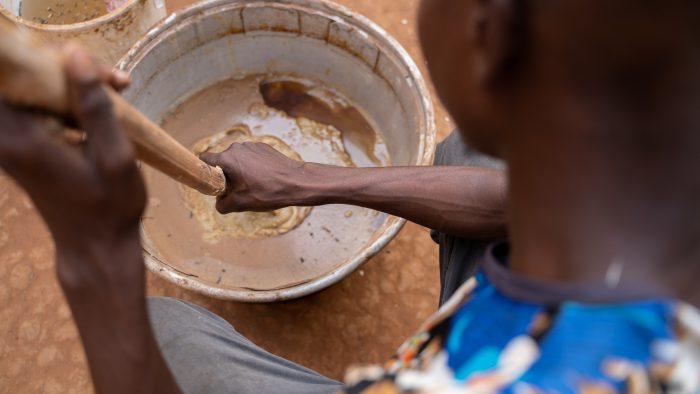
Like Pierre, Sylvester joined an armed group when he was nine. “Life was very difficult in the bush,” he remembers. Yet, at the time, combat felt like the only option: “The important thing was to find food at least every day.”
When his leaders were eventually killed, Sylvester returned to the village. Going back was hard, as he did not have any family and felt everyone was afraid of him.
Through a JRS training, Sylvester learnt how to produce soap and set up his own shop. While the business has its challenges, such as investing money to buy materials for production, Sylvester is happy to be independent and have a place in his community. “I earn my living […], my wife and child are in my care.”
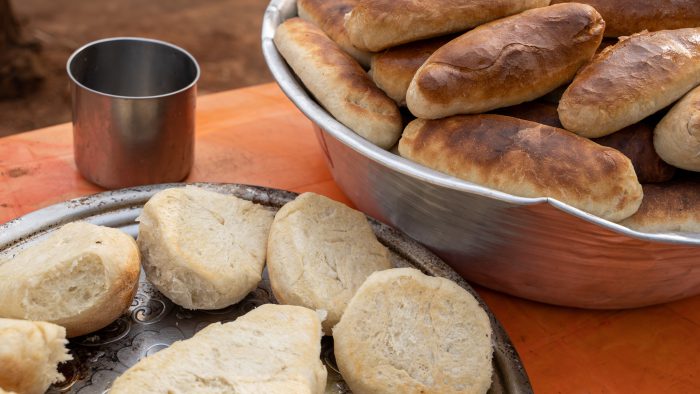
As a young child, Jean-Jacques wanted to become a baker. When his parents were killed in 2013, he instead had to drop out of school and join the combat to survive. He was a child soldier for seven years.
Jean-Jacques soon realized he did not like a life of violence, but he did not know where else to turn to: “I didn’t believe in anything anymore and I had lost all hope.”
Then, one day, demobilization advocates from JRS met with the armed group and asked them to let the children go home. Jean-Jacques was released and joined a professional baking training, realizing his childhood dreams.
Together with two other young men, Jean-Jacques opened the bakery he had always dreamt of. “I feel useful, and I honestly make a living. People really appreciate my bread,” he shares with pride. With his business, he now takes care of himself and his brothers.
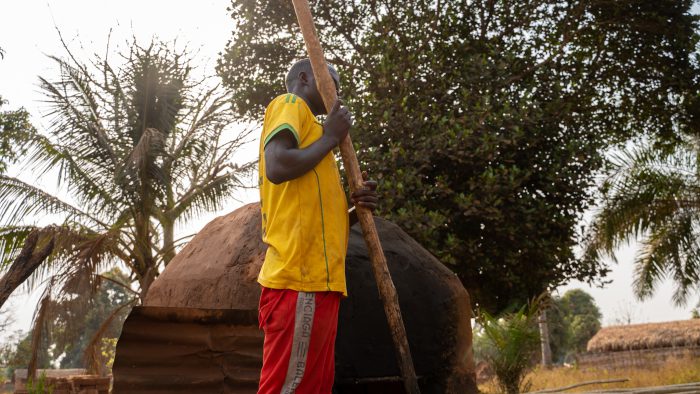
In CAR and across the world JRS continues building bridges among forcibly displaced people and between refugees and host communities.
Acknowledging the personal and communal impacts of violence, JRS’s reconciliation work is rooted in justice and dialogue among groups.
By providing livelihood opportunities to former child soldiers like Pierre, Sylvester and Jean-Jacques, and creating spaces of hospitality and welcome, communities can re-discover their shared humanity.
This program was funded by UNICEF and JRS USA.
*Names and locations have been changed to protect children’s identities.
This story was originally published by JRS.


